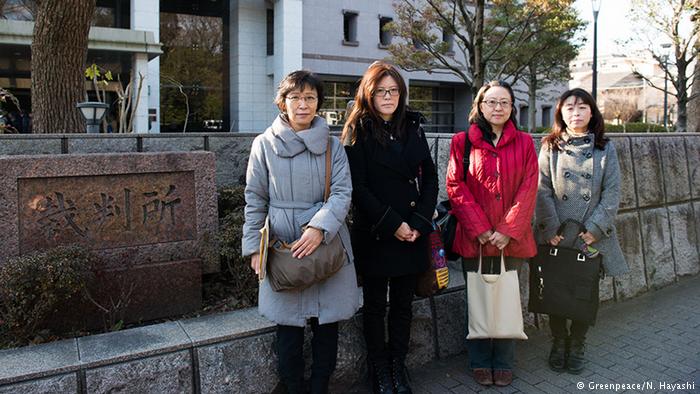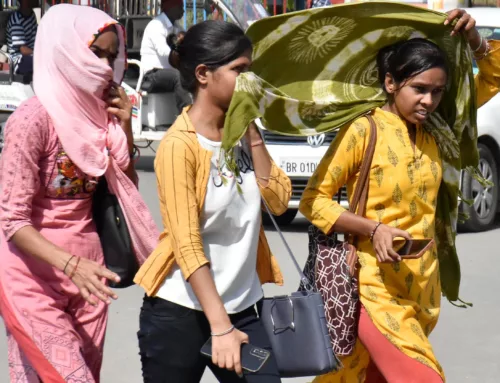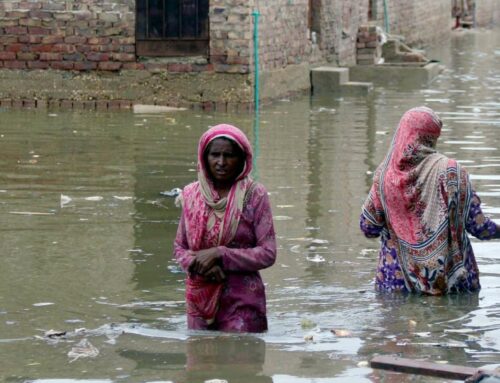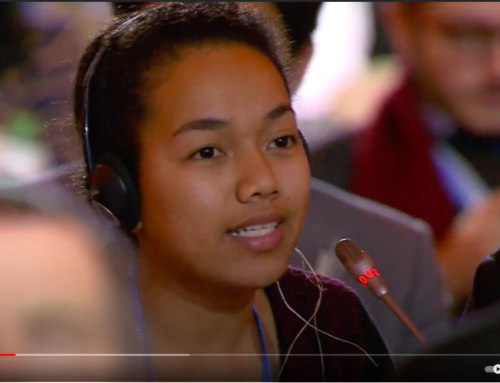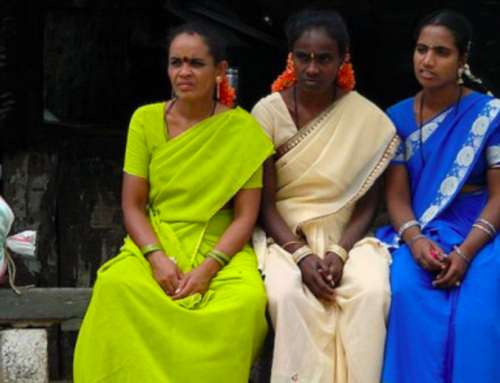Women and children are still the most affected by the earthquake, tsunami, and Fukushima Daiichi power plant meltdown of six years ago—because of not only injustices right after the events, but also the government’s current intention to resettle residents in areas close to the power plant, which are still contaminated, according to Greenpeace. There are threats to withdraw financial support from evacuees and housing support from those who chose to evacuate outside of the state’s evacuation order area. Kendra Ulrich, Global Energy Campaigner with Greenpeace Japan, states how problematic it is to force people to go back to contaminated areas and that this economic coercion is a violation of rights. Single mothers are the most affected and the most dependent on the financial compensation—many mothers evacuated with their children, divorcing partners who chose to continue working in contaminated areas. Many mothers question the government’s decontamination of only certain areas, which leaves inhabitants still surrounded by contamination and not free to walk around. Noriko Kubota of Iwaki Meisei University notes the impacts of this confinement on children’s development. Thousands of mothers are fighting the withdrawal of support and have filed a class action lawsuit against the government to protect their choices. Photo Credit: Greenpeace/N. Hayashi


